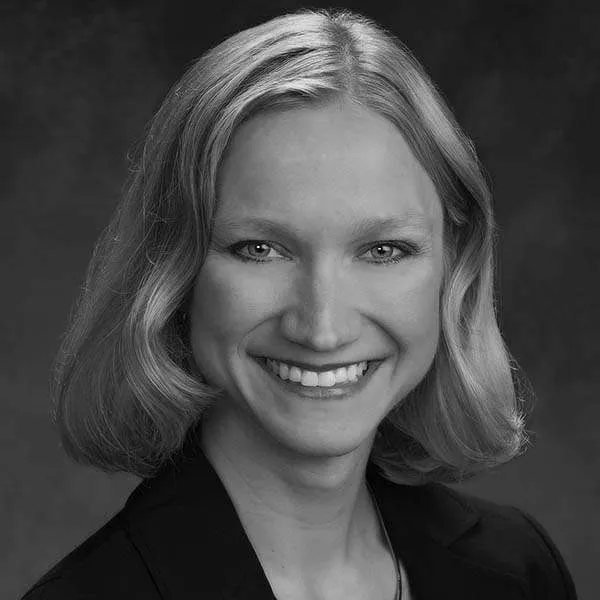“First day of school! Wake up! Come on. First day of school,” the little fish shouts at his dad in the opening scene of Finding Nemo. The first day of school is an important transition for students of all ages, and it is often a challenging one. That is particularly true this fall as we start yet another academic year marked by the pandemic.
Parents have an important role in preparing their children for a successful school year. First, start adjusting the schedule. Many families relax the rules during the summer and may be in the habit of staying up late and sleeping in. Make sure your child has time to adjust to their school year routine before that first day. Second, develop good habits by acting ahead. Having the backpack ready and clothing laid out the night before saves scrambling in the morning and reduces the risk of forgotten items. Invite your children to help decide if they want school lunch or a sack lunch and let them help pack their lunch boxes.
Back to school checkups for your children provide a valuable opportunity to talk to the doctor about physical, developmental, and social changes. Additionally, children may need immunizations: boosters for tetanus and pertussis, or shots to protect them from HPV, meningitis, and Covid.
The Covid vaccine is available to those age 12 and over, and I urge parents to schedule those shots if your child is eligible! Although in general children are less likely than adults to end up in the hospital with Covid, we do see previously healthy children become seriously ill and suffer complications. The jury is still out on whether the Delta variant is more dangerous to children than previous variants, but we do know this variant is more contagious, which means more people fall ill. Infected children can spread the virus to other people who may be more likely to develop serious illness. There are still many people who are not eligible for the vaccine, who have chosen not to get the vaccine, or whose vaccine may not be as effective as hoped due to underlying health conditions.
Many children feel nervous about the start of school and those jitters may be worse this year due to the pandemic. Talk to your children about their concerns. Help them work through “what ifs”: What if I forget to wash my hands? What if I start coughing during school? What if I forget my homework? Most adults have had practice dealing with these experiences in the moment, but we, too, can benefit from mental rehearsals. Become familiar with your school district’s plan for controlling and responding to the pandemic so you can help your child with changing conditions.
With a little preparation, we can reduce stress, set our kids up for a successful year and help them be as excited as Nemo to start school!
Debra Johnston, M.D. is part of The Prairie Doc® team of physicians and currently practices family medicine in Brookings, South Dakota. For free and easy access to the entire Prairie Doc® library, visit www.prairiedoc.org and follow Prairie Doc® on Facebook featuring On Call with the Prairie Doc® a medical Q&A show streaming on Facebook most Thursdays at 7 p.m. central.




